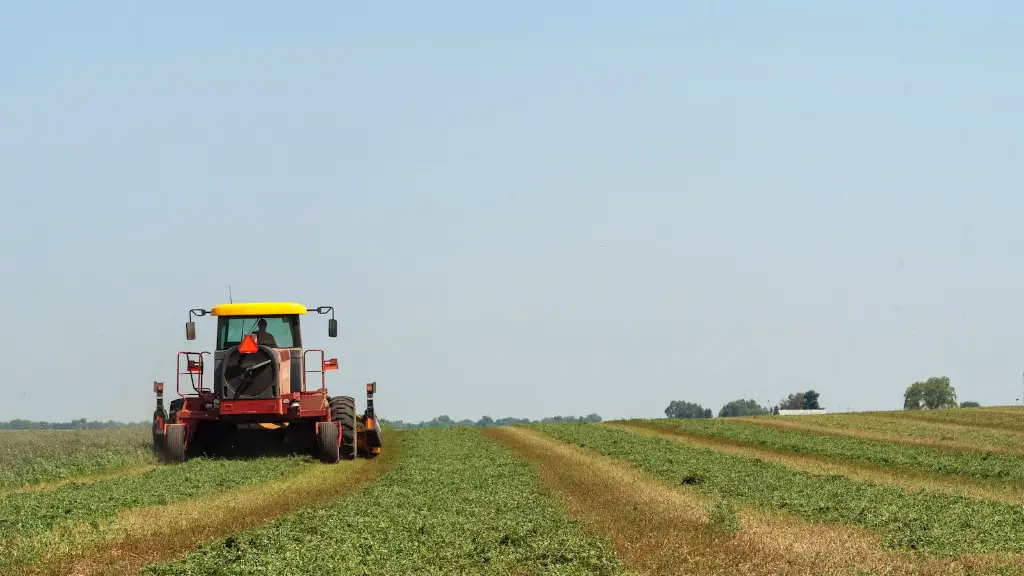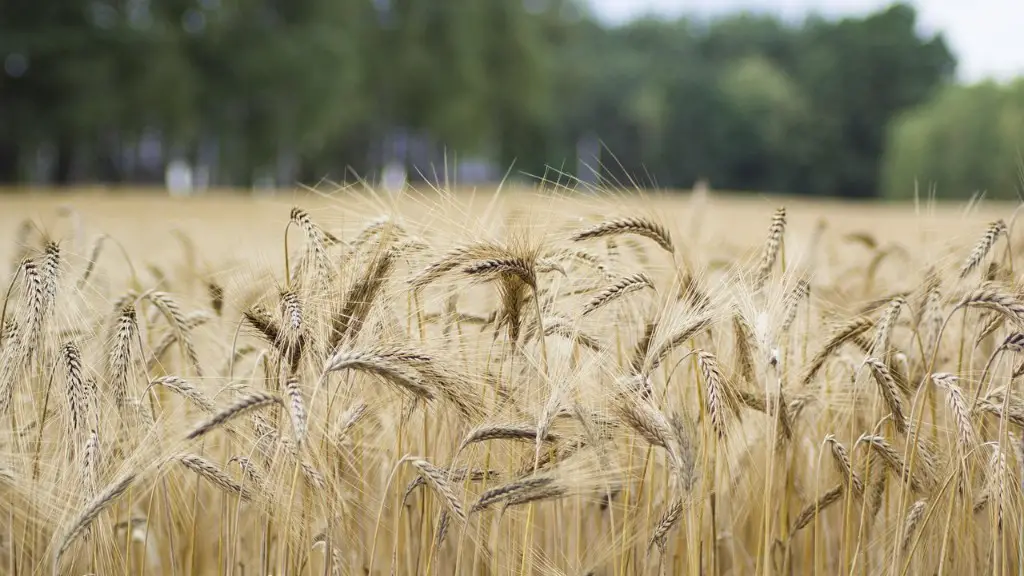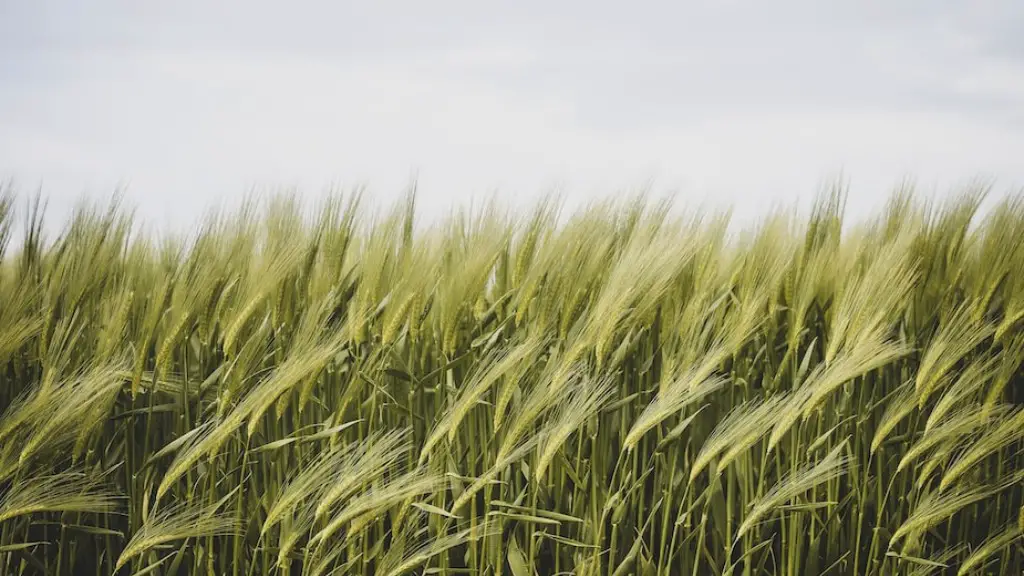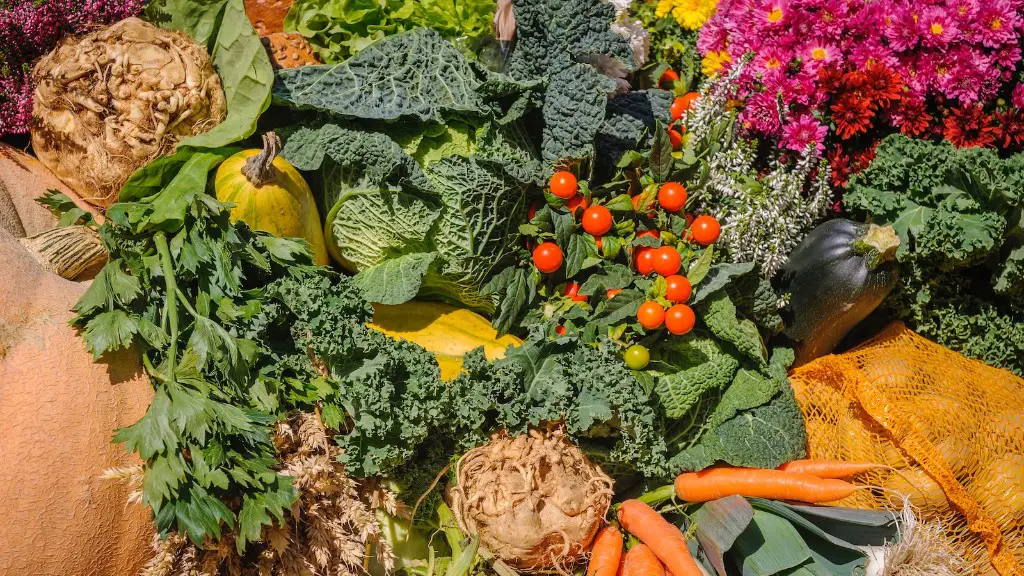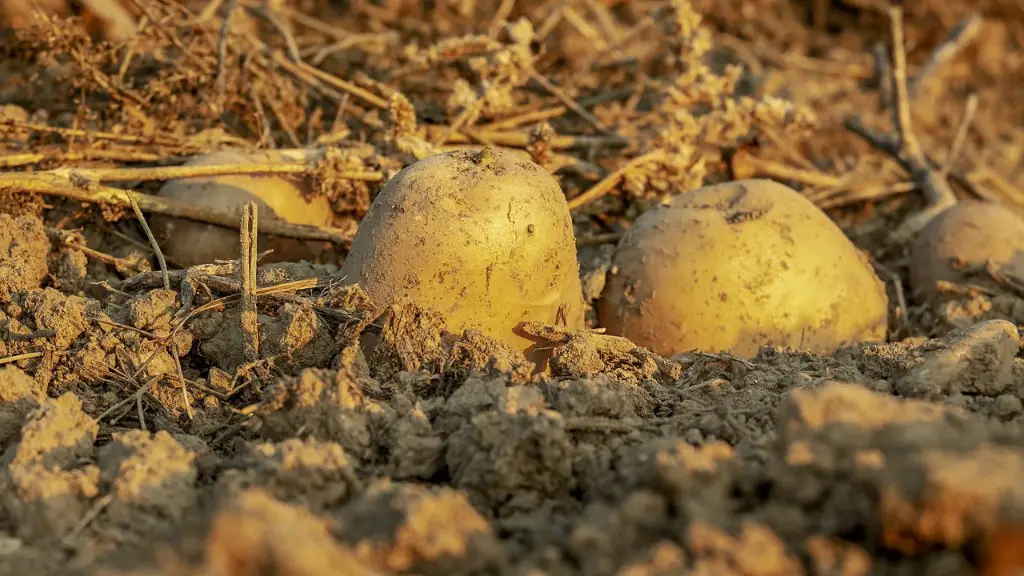Farmers have been the backbone of civilizations since the dawn of time. As society has evolved, so have the methods of agricultural business investments. Today, those interested in investing can do so through stocks, mutual funds, bonds, and other financial instruments. In this article, we will discuss how to invest in agriculture business and some of the options available.
Before investing in an agricultural business, it is important to understand the industry. Knowing the market, size of the farms, technology used, and the risks in the sector are all essential skills for effective investing. Additionally, research should be conducted to find reliable resources, laws and regulations, and potential trends in the industry. It is also important to take into account the effects of geographical and political situations.
Investors should identify their purpose for investing. Whether that means making money or helping to support local farmers, finding a market you believe in is key. Additionally, investors should decide on their budget and establish clearly defined goals.
When choosing where to invest, research the company’s past performance, as well as its management team and financial stability. Additionally, take into account the current and projected risks associated with each potential investment. Research the risk-reward ratio and make sure the return rate is greater than the amount of risk you will take.
After deciding on an investment strategy, investors must decide between short-term and long-term investments. Short-term investments are those that provide quick returns, while long-term investments typically provide higher returns over time. For instance, agricultural investments are generally long-term investments due to the time investment needed for crops to be harvested.
In addition to traditional investments, there are many investment strategies such as investing in organic produce or investing in greenhouses. Investing in organic produce is growing in popularity as consumers become more aware of the environmental and wellness benefits of consuming organic foods. Investing in greenhouses or hydroponic farming systems is also on the rise and can be a great way to maximize profits while reducing the environmental strain of traditional agricultural methods.
For those looking to get started in agricultural business investing, there are a variety of options. From traditional investments in stocks, mutual funds, and bonds, to investing in organic produce or hydroponic farming systems, there is a type of agricultural investment available for every budget and level of risk.
Financing Options for Agriculture
Once a potential investor has determined their goals and budget, the next step is to do research on financing options. There are a variety of sources of financing that can be used to capitalize a farm, ranging from banks and other financial institutions, to government programs. Additionally, investors can seek funds from private investors, venture capital firms, or other agriculture business entities.
When seeking funding from banks and financial institutions, investors should have an understanding of the credit score and financial history that is required to secure the loan. This may require extensive research on the investor’s part, as well as careful consideration of how the interest rates and repayment options will affect the profitability of the investment.
When looking into government programs, there are several agencies who offer subsidies and other types of assistance. For instance, the United States Department of Agriculture offers specific agricultural loans to small-business farmers, as well as those in rural areas and certain classes of agrarian enterprise. Additionally, various crop insurance and risk management options are available to provide assistance in minimizing risk.
Venture capital and other private investments are also viable options when looking to finance an agricultural business. Venture capital firms often have a vested interest in the success of their investments and can provide the necessary capital. Other private investors may also exist who have similar goals and objectives and are looking for profitable opportunities.
Challenges in Agriculture Investing
Agricultural investment is not without its challenges. For instance, market trends can dramatically affect the profitability of investments, as can changes in the political or economic climate. Additionally, weather patterns and other natural disasters can drastically affect the success of an investment.
Investors should also keep in mind that investments in agriculture business involve substantial risk and should always be considered carefully. Many factors, such as government regulation, uncertainty of markets, climate changes, technological advances, and political unrest can greatly impact the return rate. It is important to understand associated risks before investing.
In order to mitigate risks, investors should diversify their investments. Investing in multiple different types of agricultural investments such as organic produce, greenhouses, or hydroponic systems can help to minimize the risks involved and increase the potential return.
Additionally, investors should keep up to date with market data and research potential investments thoroughly. This can help to ensure that investments are made in businesses with a higher chance of success.
Finally, investors should ensure that they have access to reliable resources that provide knowledge and expertise on the sector. This can help to increase the chances of successful investments and strengthen their overall portfolio.
Advantages of Agriculture Investment
Agricultural investment offers several advantages to potential investors. Investing in agricultural businesses often provide a greater return on investments than traditional investments, due to factors such as lower overhead costs, increased crop yields and other benefits.
Furthermore, investing in agricultural businesses not only supports the success of a business or enterprise, but also provides other local and environmental benefits. This includes providing employment, supporting local economies and helping to protect the environment.
Additionally, the current political and economic climate has allowed for the development of a number of government and private loan programs that provide access to capital and other assistance to farmers, agribusinesses, and agricultural investors. These financing options can provide assistance and add to the profitability of investments.
Finally, investing in agricultural businesses is an opportunity to support and promote sustainable and ethical practices. This can include planting cover crops, using practices such as crop rotation, and utilizing natural fertilizers, which can all help to preserve and improve land quality for future generations.
Organics in Agriculture Investment
Organic produce is becoming increasingly popular, with consumers seeking food and products that are free from chemicals, preservatives, and other unnatural components. Consumers are more aware of the environmental and health benefits of organic produce, and this has served as an opportunity for agricultural investors.
Investing in organic produce can help to bolster rising demand and provide a higher rate of return due to the potentially higher prices associated with organics. Additionally, investing in organic produce not only provides potential financial returns, but also contributes to the wellbeing of people, communities and the environment.
Organic agriculture also employs practices that reduce the amount of pesticide, chemical fertilizer, and water usage, thus reducing the toll on the planet. This in turn can help to reduce the costs associated with production and processing, resulting in higher overall profits.
Finally, investing in organic agricultural businesses is a great way to access local food systems, contributing to the sustainability of the entire industry. Supporting smaller producers, local communities, and farmers markets can help to provide access to healthy, nutrient-rich foods.
Exploring Greenhouse Investing
Investing in greenhouses, or hydroponic systems, is another great way to take advantage of the returns associated with agriculture. Hydroponic farming can provide higher levels of efficiency, provides greater control of the growing environment, ensures faster growing cycles and higher yields, and reduces the strain on the environment.
This type of investment can provide faster returns and potentially higher profits, due to the ability to modify and optimize the growing environment. This increase in efficiency can also reduce costs associated with water, electricity, and labor.
When considering investing in greenhouses, investors should ensure that the quality of products meets safety standards, as well as consider potential technological advancements, labor costs, and other associated risks.
Hydroponic systems also require less resources than traditional methods and can be used to grow foods in places where arable land is limited. This can be beneficial to both the environment, by reducing the amount of land used for farming, and local economies, by providing access to nutrient-rich foods at an affordable price.
Finally, investing in greenhouses provides an opportunity to capitalize on niche markets and tap into local food systems that are growing in popularity.
